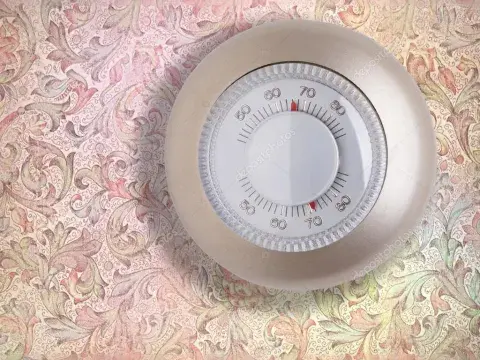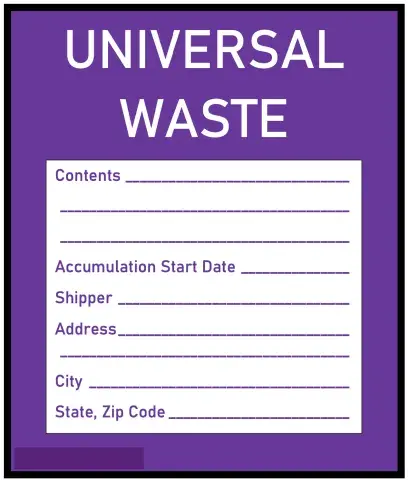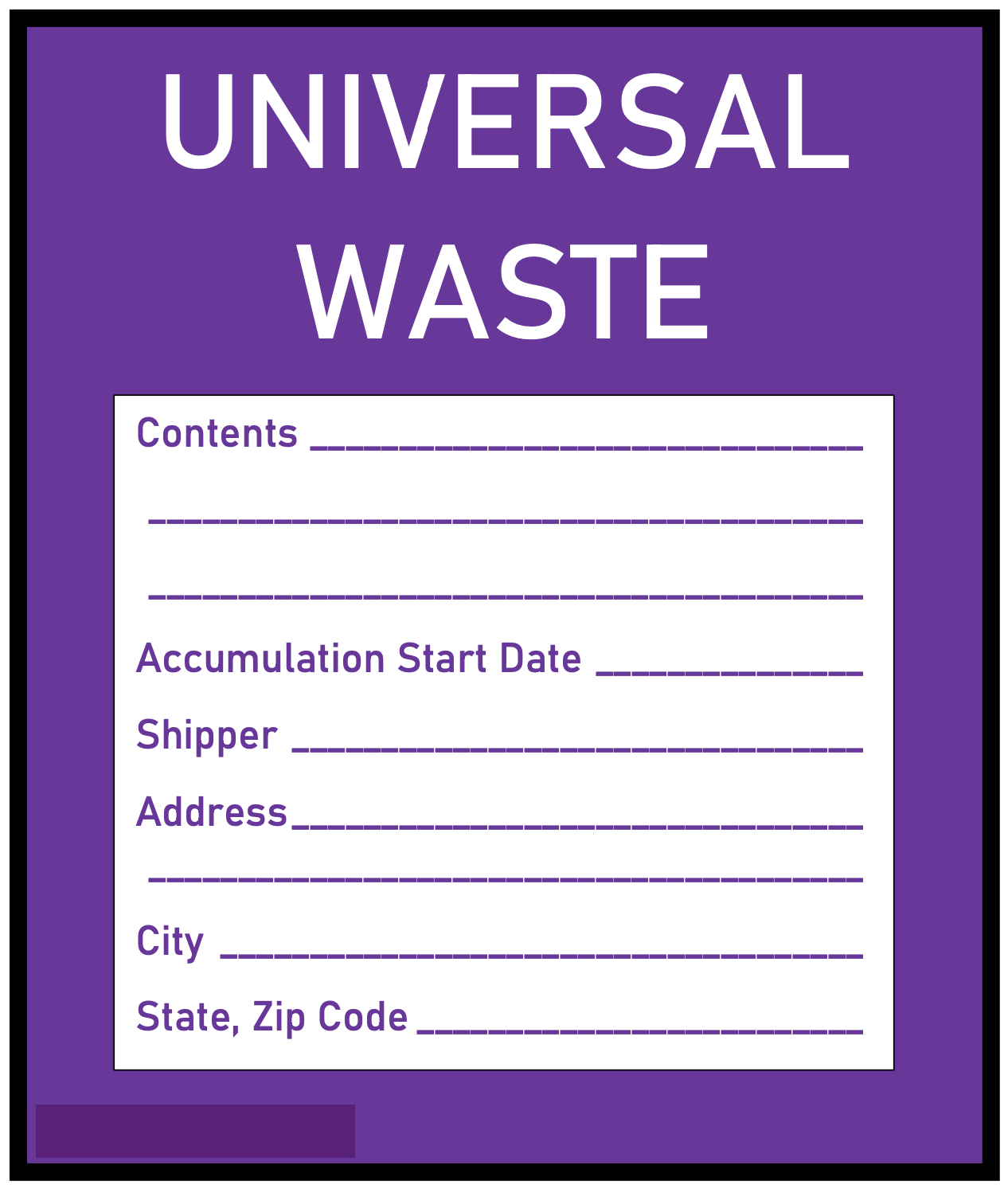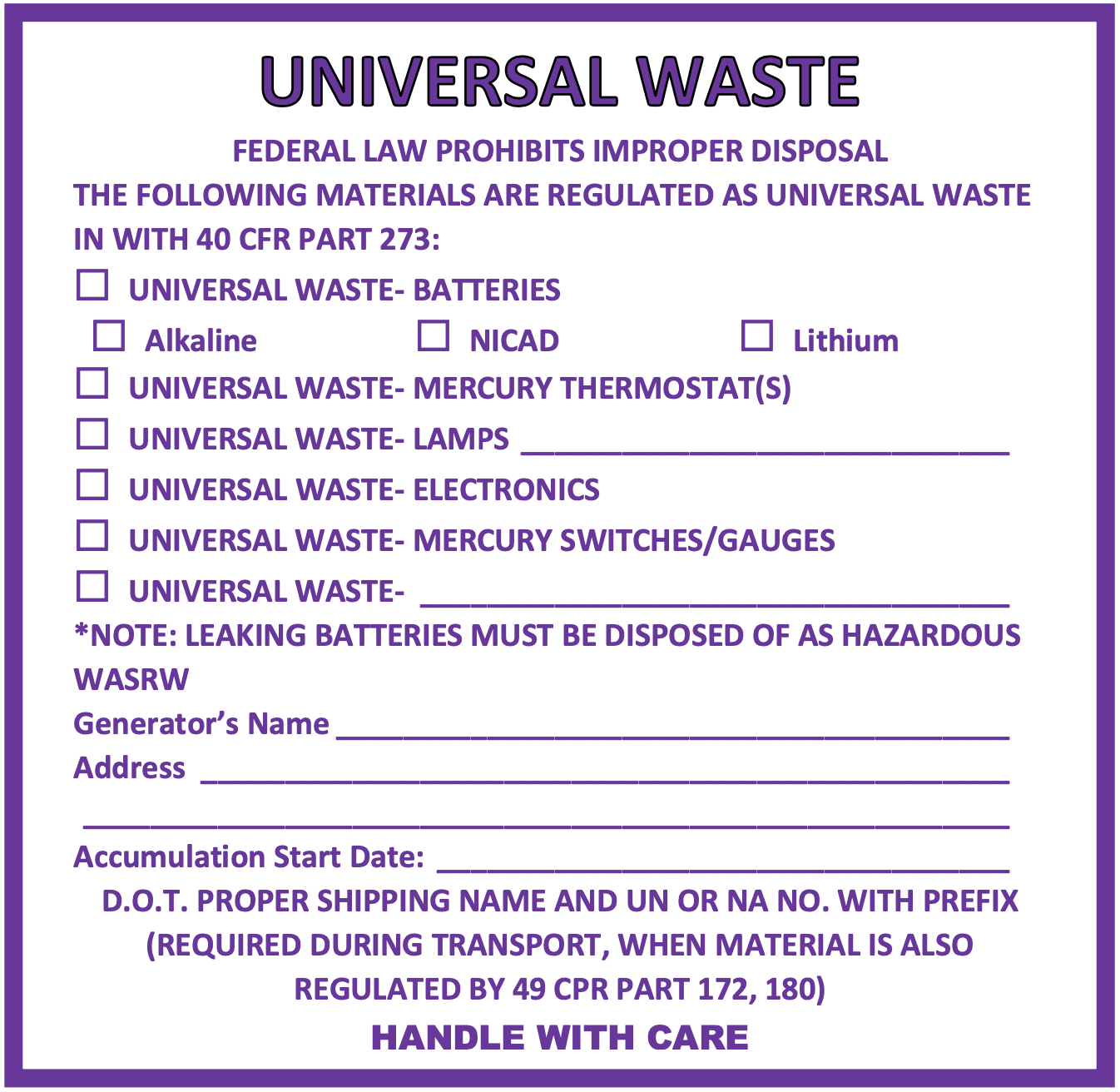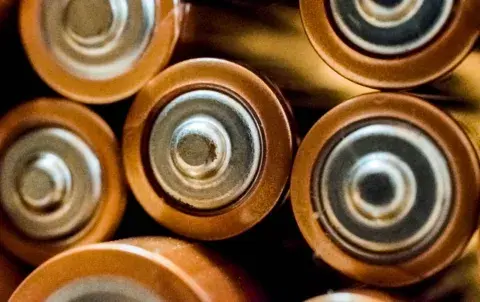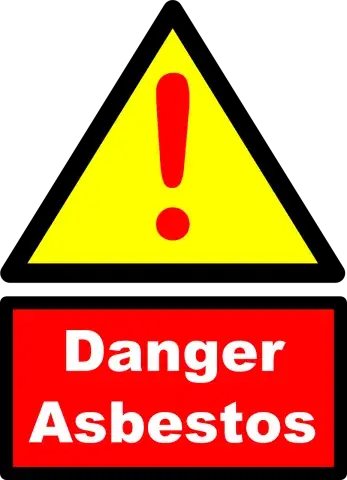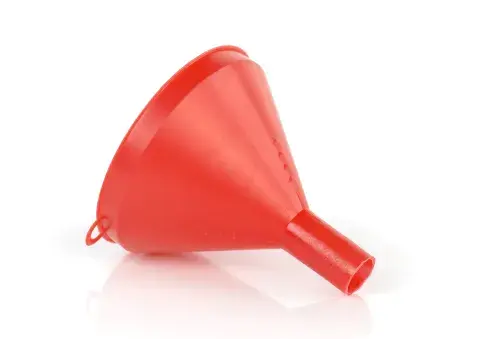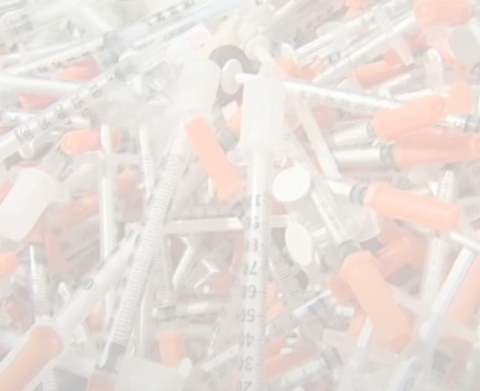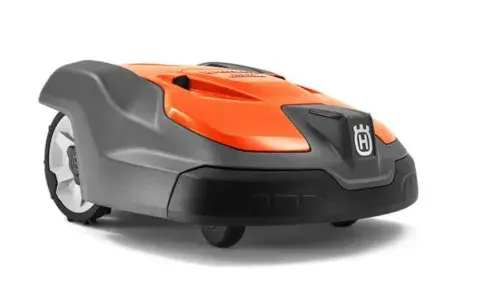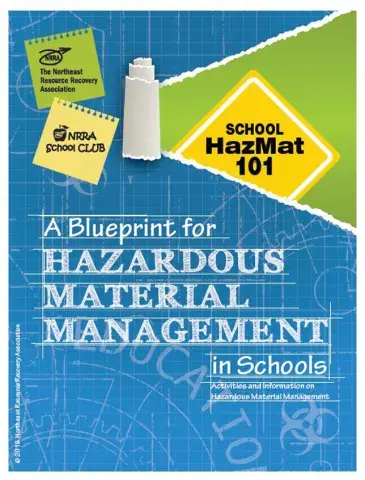Household Batteries
For more information on the safe handling of batteries, see our Batteries Toolkit.
Do you know how to safely dispose of batteries? Several options are available and listed below for a variety of battery types.
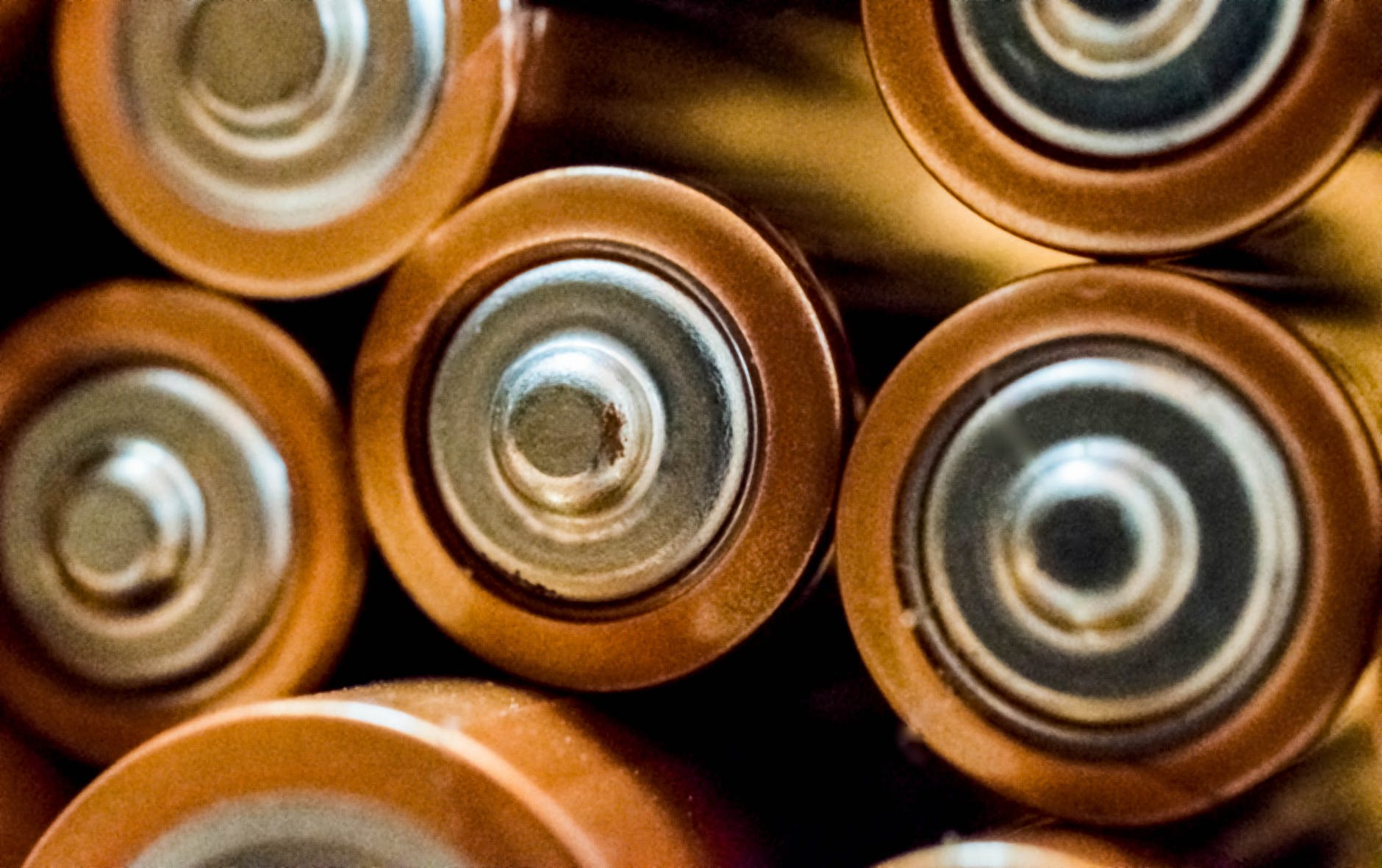
Alkaline and Carbon Zinc Batteries
These everyday household batteries can now be thrown in with trash. However, these batteries can be shipped to reclamation companies through NRRA where the batteries are put in a smelter where certain metal oxides are recycled out of the batteries. Examples: Alkaline; Carbon Zinc (9-volt, AA, AAA, C & D) – please contact NRRA for options.
If you opt to throw them away, individual batteries MUST be taped on the positive ends or individually bagged as a fire prevention measure.
Button Cell Batteries
Most small, round “button cell” type batteries found in items such as watches and hearing aids contain mercury, silver, cadmium, lithium, zinc or other heavy metals. Button cells are increasingly targeted for recycling because of the value of recoverable materials, their small size and their easy handling relative to other battery types. These have a high mercury content and should be kept out of the waste stream. Send with fluorescent bulbs through NRRA as a Universal Waste OR through your Household Hazardous Waste Collection (be sure to compare costs).
Examples: Mercuric-Oxide (button - some cylindrical and rectangular); Silver Oxide;
Zinc-air (button cells); sign up at www.call2recycle.org to receive collection boxes with individual bags included (cost to this program)
Rechargeable Batteries
Call2Recycle® (aka RBRC), a non-profit public service organization, targets four kinds of rechargeable batteries for recycling: Nickel Cadmium (NiCd), Nickel Metal Hydride (NiMH), Lithium Ion, Lithium Polymer and small-sealed lead acid (must say rechargeable and weigh no more than 2 lbs.) such as Absorbed glass mat (AGM) or Gel Battery (“Gel Cell”).
Lithium Batteries
Bring to Household Hazardous Waste Collection or sign up at www.call2recycle.org to receive collection boxes with individual bags included (cost to this program).
Examples: Lithium (9-volt, AA, C coin, Button, Rectangular).
Small Lead Acid, Gel Cell & UPS (uninterruptible power source) Batteries
These can be included with Car/Truck Lead Acid Batteries – place in center of larger batteries on cardboard layered pallet.
Contact NRRA Member Services for current picked up or delivered pricing at (603) 736-4401.
Damaged Batteries
Call2Recycle offers a kit for damaged batteries (if stored improperly can cause a fire);
Go to: https://www.call2recycle.org/store/ to purchase a kit.
Batteries Can be Shipped Separately or Along with Electronics
Please contact Member Services at NRRA at (603) 736-4401 for questions or assistance.
If you are already an NRRA Member, feel free to request a pick up using our online form below.
Load Request Form
*Information Sheets Disclaimer: The information provided on this website is intended for general informational purposes only. While we strive to keep the information accurate and up to date, we make no representations or warranties of any kind, express or implied, about the completeness, reliability, suitability, or availability of the information. Any reliance you place on such information is strictly at your own risk. Any information shared about other businesses, products, or services does not constitute an endorsement or recommendation by NRRA. Users should independently verify the accuracy and reliability of such information before making any decisions.
